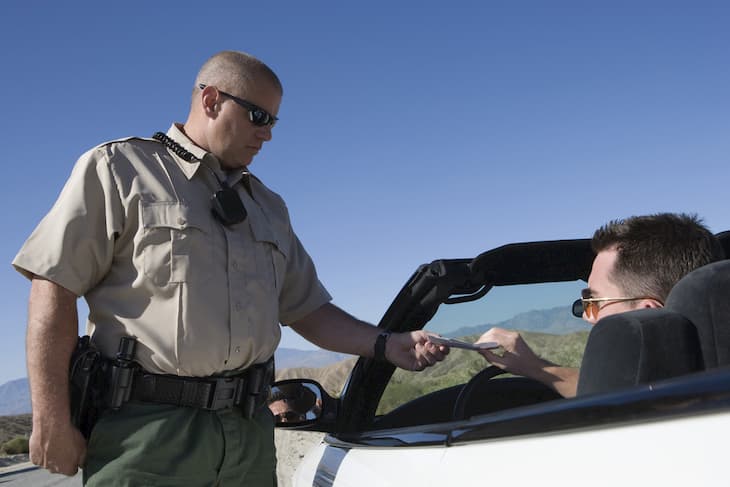
Within weeks, the state Legislature is expected to finalize a bill that would legalize the sale of recreational marijuana in the Vermont area. The legalization is expected to make Vermont’s Green Mountains greener and hazier, with more people expected to indulge in the consumption of recreational marijuana.
Many states have legalized recreational cannabis. However, it appears like in the states where marijuana is legal, people drive under the influence resulting in more motor vehicle crashes in these regions. So far, the Legislature is doing nothing to prevent such reckless behaviours.
Just days ago, the House dropped a provision supported by Governor Phil Scott that would enable the police to conduct random roadside saliva tests on people suspected to be driving under the influence of various impairing substances, including marijuana. If the lawmakers do not reconsider, they will jeopardize the safety of road users in states where recreational marijuana is legalized.
The numbers
The Centers for Disease Control and Prevention says that almost 12 million American adults drive under marijuana influence annually. In 2016, 44% of the fatally injured drivers tested positive for drugs, as reported by the Governors Highway Safety Association. Over 50% of these drivers tested positive for opioids, marijuana, or a combination of both.
Cannabis impairs drivers’ cognitive performance and slows down their reaction time while undermining their ability to multitask. In the past five years, Vermont has recorded at least 280 fatal car collisions with over 25% of the involved drivers were discovered to have THC in their system.
The number of drivers involved in fatal crashed having THC in their system doubled in Washington after the state legalized recreational marijuana in 2012. Interestingly, it is possible to determine whether erratic drivers are under any influence of drugs using oral fluid screening technology that tests drivers’ saliva for the presence of drugs, including THC.
The process is similar to the Alco-blow tests used to screen drivers for alcohol. Various Vermont lawmakers oppose oral fluid testing since they say it is inaccurate and violates the drivers’ civil liberties. But, none of these concerns hold any merit.
The State law allows police officers to test drivers for alcohol, and hence it seems senseless for the same law to treat other intoxicants like marijuana differently. Moreover, the oral fluid tests are not enough to prove impairment. They are just a single data point in an officer’s investigation. In some cases, these tests may rule out that an erratic driver is impaired.
Success stories
Data from Michigan refutes any questions raised about the technology’s accuracy. The state launched a pilot program of oral fluid testing equipment in 2017 dubbed SoToza that is made by Abbott in five counties. That test was a success, and the officers used the device 92 times in the first year. Over 95% of the samples were later proven accurate by a lab test.
Since that time, Michigan has expanded the program statewide. Alabama and Illinois are the other states that use similar technologies that are also common in most Canadian regions.
Some Vermont legislators are still not contented, and they are calling the state to wait for the National Highway Traffic Safety Administration to authorize the use of the oral fluid testing devices. However, the NHTSA does not approve or screen these devices meaning that the Vermont bill may order the state to wait for something that might never happen.
It seems senseless for Vermont since other jurisdictions are already using reliable, commercially available oral fluid testing technology. If residents in Vermont know that there is an accurate roadside THC test, they will rarely drive while high.


